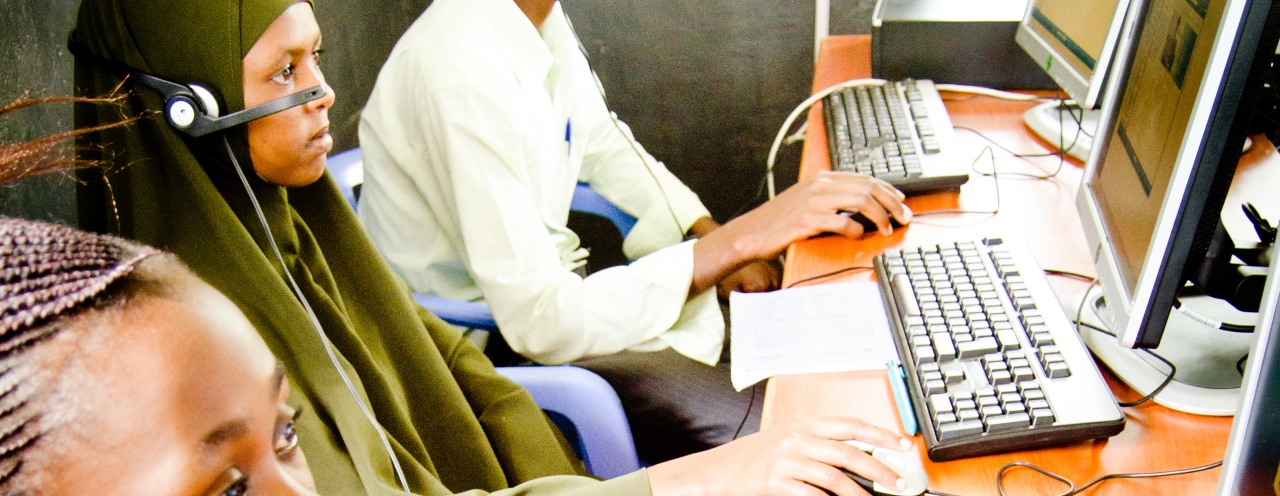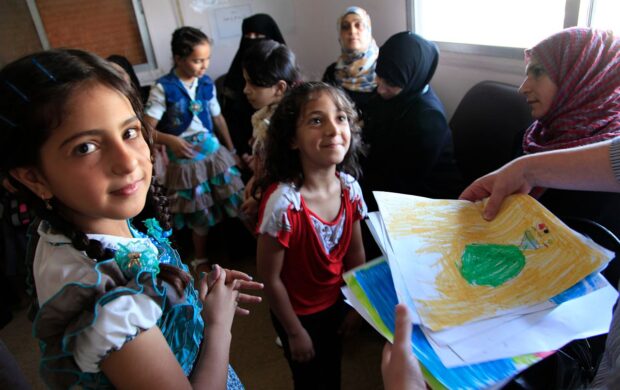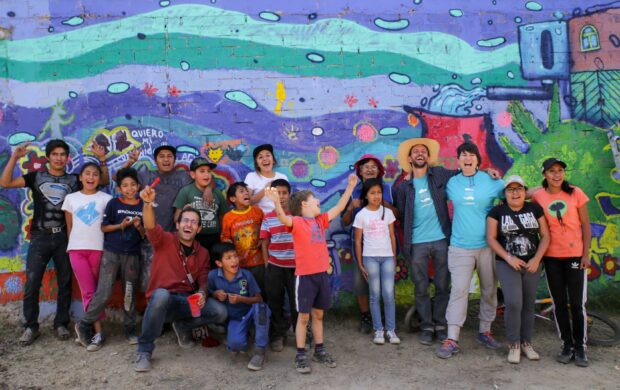Germany has launched the first online university exclusively for refugees, offering free higher education anywhere in the world.

Kiron University is based in Berlin, and currently offers courses to 1,000 students, with at least 15,000 other refugees demonstrating interest in involvement.
Enrolment requires documents including refugee status proof from the UNHCR, and all students need to participate is access to the internet (or the ability to download offline courses when able to get online).
Funding has come from a crowdfunding campaign, and partner universities that include Yale, Harvard and MIT contribute courses.
The first two years of the university course are made up of Massive Open Online Courses (MOOCs), and the third year allows students to attend a traditional university and attend regular courses, all of which will be in English.
Image caption: Computer class at Nakivale Settlement, Uganda
Image credit: Stephen Luke / Flickr











